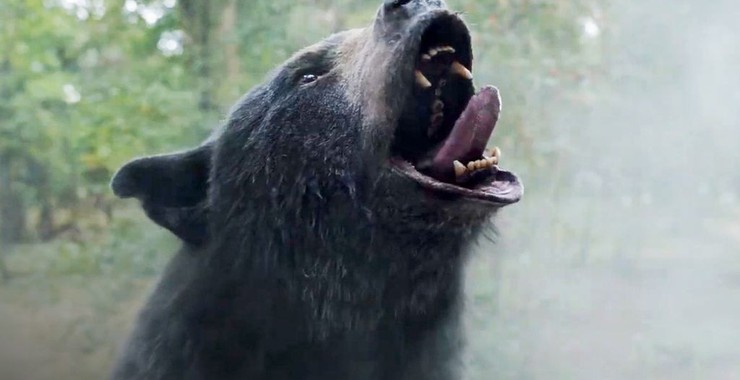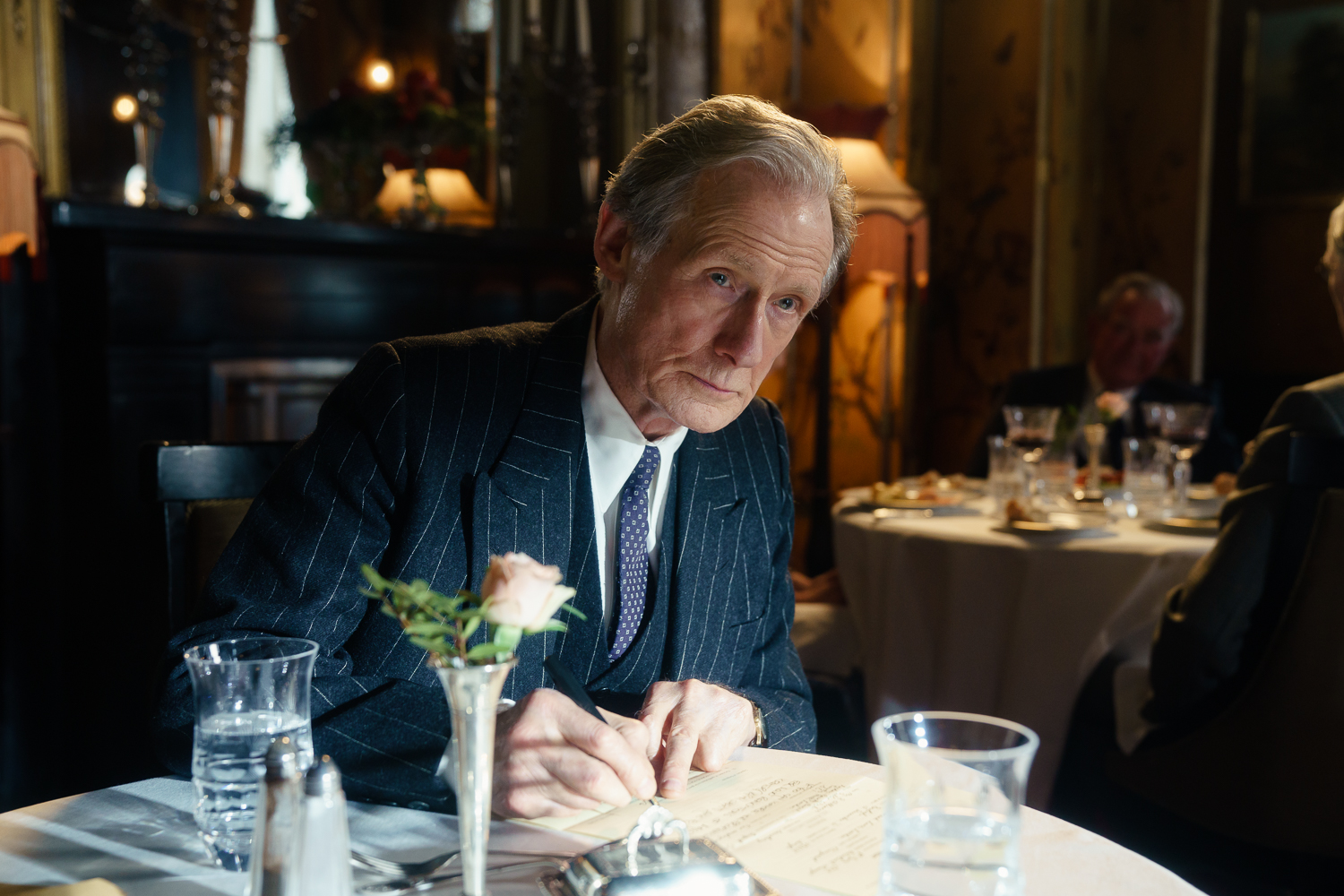Living (2022) Directed by Oliver Hermanus
6A
Hold the popcorn. Substitute with tea and crumpets.
Living is a very British remake of Kurosawa's great
Ugetsu. Mr. Williams (Bill Nighy) has spent his life as a zombie-like bureaucrat in service to his office job where keeping a firm sense of decorum and a stiff upper lip were more important that actually accomplishing anything. When he is informed that he has six to nine months to live, he begins to reconsider his life and is determined to build a modest park for working class kids. On one level,
Living is an example of industrial-strength nostalgia with a good deal of sentimentality accompanying it. In some ways, the movie reminded me a little of
A Christmas Carol with Mr. Williams being an updated Mr. Scrooge who finally realises almost too late that life is worth living. It is hard to see the movie appealing to people under fifty years of age and it probably helps if you voted for Brexit. But Nighy is wonderful. I mean, he is always Bill Nighy, but he has managed to create an immensely likeable persona that is somehow actually comforting, which, of course, makes him perfect for this role. His work here is among the best of his career, making
Living worth seeing for his sake alone. But if you found
The King's Speech too British for your taste, well,
Living makes that movie seem practically multicultural in retrospect.







